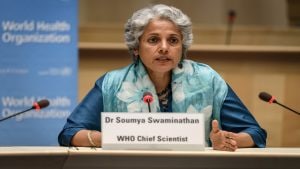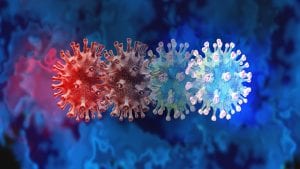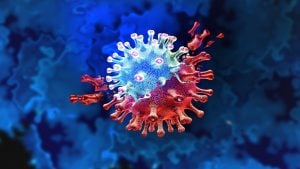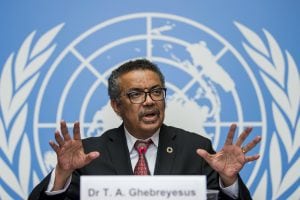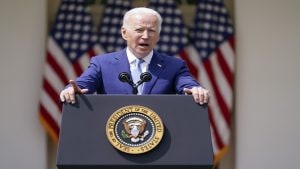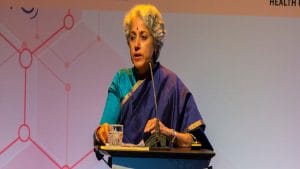Centre may allow mixing of Covishield and Sputnik vaccines; what we know so far
Summary
This would mean that Covishield could be taken in combination with Sputnik, both being adenoviral platform vaccines, while Pfizer and Moderna vaccines could be taken in combination as they are mRNA vaccines.
India may soon allow individuals to take two shots of different vaccines. The central government may allow individuals to receive a jab of one vaccine followed by a second jab of a different one, reported the Mint. The government may make the move to deal with supply constraints and in light of data from recent studies showing that mixing vaccines produces a greater immune response.
Here is what we know so far.
The proposal
The decision to allow a heterologous vaccination programme was suggested by the National Technical Advisory Group on Immunisation (NTAGI), the national working group on COVID-19 vaccines.
NTAGI Chairman N.K. Arora said, “We would allow mixing and matching of some COVID-19 vaccines if a common platform for development is used.”
This would mean that Covishield could be taken in combination with Sputnik, both being adenoviral platform vaccines, while Pfizer and Moderna vaccines could be taken in combination as they are mRNA vaccines.
However, Arora added that the government would still encourage administering two doses of the same vaccine. He also said the primary reason behind the move would be to ease the crisis of vaccine supply.
“People who are not getting the second dose of the same vaccine due to reasons ranging from unavailability of the brand to access may go for mix-and-match. A formal advisory in this regard will soon be released,” he told the Mint.
However, the NTAGI has not made any formal recommendation to the government so far.
Minister of State for Health Bharati Pravin Pawar informed the Parliament that the group has not made any official recommendation over mixing doses of COVID-19 vaccines. Pawar added that the National Expert Group on Vaccine Administration for COVID-19 has not made any recommendations on the matter either.
The Subject Expert Committee of the Central Drugs Standard Control Organisation (CDSCO) had also recommended the opening of a study into the effects of combining Covaxin and Covishield just last week, though no final approval from the Drug Controller General of India (DCGI) was given for the same.
What does science say?
Scientists and experts say mixing two COVID-19 vaccines should have no adverse effects, especially when using vaccines from the same platforms. However, more data is needed on the amount of protection, the efficacy and the effectiveness of mixing and matching COVID-19 vaccines in such a manner.
Preliminary data from studies being conducted in the UK and Spain over mixed and matched vaccine trials have suggested that combining two different vaccines leads to a stronger immune response, though frequency of adverse events like fever and soreness may increase.
Several countries like Canada have already started a heterologous vaccination programme in order to deal with paucity of vaccine supplies.
While combinations of the Astra-Zeneca, Pfizer-BioNTech and Moderna vaccines are being tested in such trials, newer vaccines are not being studied with the same intensity. So far, no studies have been undertaken to monitor and test the effectiveness of mixing Covaxin and other indigenous vaccines.
It was reported earlier in the year that India may soon start its own trials on mixing and matching vaccines, but that has not happened so far.
What does WHO say?
The World Health Organization (WHO), in its interim recommendation, said mixing of recombinant vaccines like Covishield and Sputnik does not require a third dose of either vaccine. It also said the first dose of recombinant vaccine, followed by a second mRNA vaccine, resulted in “higher neutralising antibody levels and T cell-mediated immune response” compared to both doses of the same platform.

Elon Musk forms several ‘X Holdings’ companies to fund potential Twitter buyout
3 Mins Read
Thursday’s filing dispelled some doubts, though Musk still has work to do. He and his advisers will spend the coming days vetting potential investors for the equity portion of his offer, according to people familiar with the matter


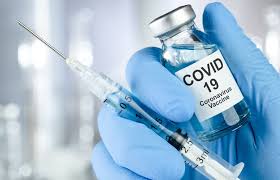






 Listen to the Article
Listen to the Article  Daily Newsletter
Daily Newsletter





